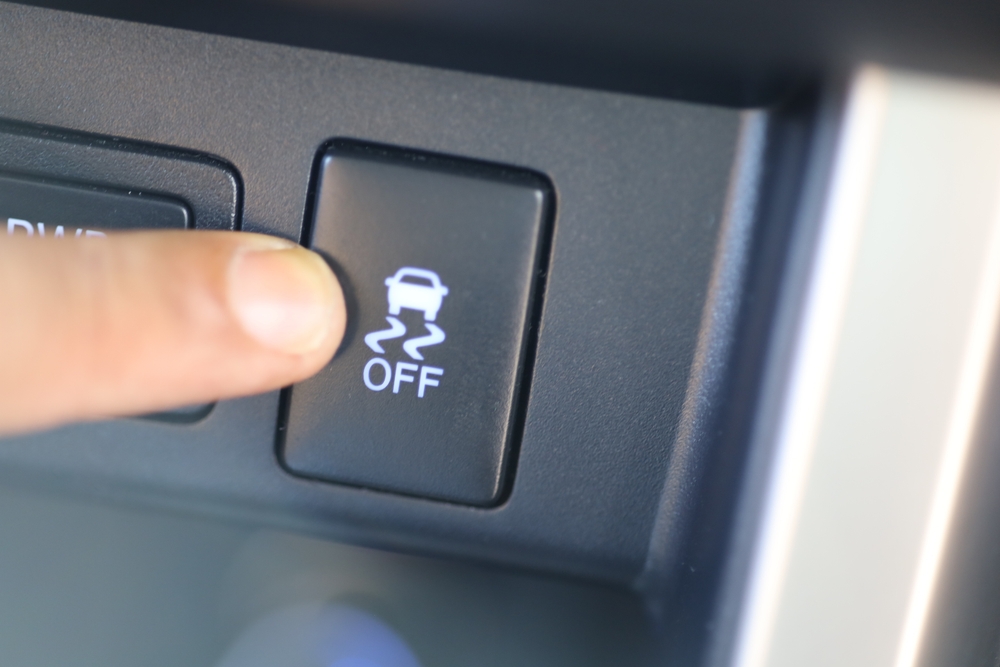Combating Anxiety: The Power of Mindfulness and Meditation
Anxiety disorders are among the most common mental health conditions globally. They can severely impact a person's overall well-being, affecting their day-to-day life and relationships. In the face of these challenges, mindfulness and meditation have emerged as therapeutic tools, offering promising results in managing and reducing anxiety symptoms. This article will delve into the historical context, current relevance, and trends pertaining to mindfulness and meditation's role in mitigating anxiety, providing unique insights not widely covered elsewhere.

Historical Context: Mindfulness and Meditation
Mindfulness and meditation have their roots in ancient Eastern traditions. Mindfulness, the practice of being fully present and engaged in the current moment, is a core teaching in Buddhism, dating back over 2,500 years. Meditation, similarly, is an ancient practice used in various religious and spiritual contexts to enhance concentration, self-awareness, and a sense of inner peace.
In the late 20th century, these practices were introduced to the Western medical field, primarily by Dr. Jon Kabat-Zinn, who developed the Mindfulness-Based Stress Reduction (MBSR) program. MBSR, originally designed to help patients manage chronic pain, was later found to be effective in reducing symptoms of psychological disorders, including anxiety.
Current Relevance: Anxiety in Today’s World
Anxiety disorders are more prevalent today than ever before, with the World Health Organization reporting that they impact over 260 million people worldwide. The rise in anxiety rates can be attributed to various factors, including increased social pressures, economic instability, and the widespread use of digital technology.
The ongoing COVID-19 pandemic has further exacerbated anxiety levels, with isolation, fear of infection, and economic instability causing a spike in mental health issues. In this context, mindfulness and meditation have gained increased attention as accessible, cost-effective tools to manage anxiety and stress.
Trends: The Rise of Mindfulness and Meditation Apps
The digital revolution has significantly influenced the accessibility and use of mindfulness and meditation. A plethora of smartphone apps now offer guided meditations, mindfulness exercises, and educational resources, allowing users to practice these techniques at their convenience.
Headspace and Calm, two of the most popular meditation apps, have reported a significant increase in downloads and usage since the onset of the pandemic. This trend indicates a growing recognition of the benefits of mindfulness and meditation in managing anxiety and promoting mental well-being.
Impact: The Therapeutic Potential of Mindfulness and Meditation
Scientific research has validated the therapeutic potential of mindfulness and meditation in managing anxiety. Both practices have been shown to reduce anxiety symptoms by altering brain function and structure.
Mindfulness helps individuals develop a non-judgmental awareness of their thoughts and feelings, reducing the impact of negative thinking patterns that often fuel anxiety. Meditation, on the other hand, can reduce activity in the amygdala, the brain’s fear center, leading to decreased anxiety levels.
A meta-analysis of over 200 studies found that mindfulness-based therapies are particularly effective in reducing anxiety and stress. Similarly, research has shown that meditation can be as effective as medication in treating anxiety disorders, without the associated side effects.
A Look Ahead: The Future of Mindfulness and Meditation in Anxiety Management
As the world grapples with an escalating mental health crisis, the role of mindfulness and meditation in managing anxiety is likely to become increasingly significant. As more people seek non-pharmacological interventions for anxiety, these techniques offer a promising alternative.
However, it’s crucial to remember that while mindfulness and meditation can be powerful tools, they are not a cure-all solution. They are most effective when used in conjunction with other therapeutic interventions, such as cognitive-behavioral therapy and medication, in a comprehensive, individualized treatment plan.
In conclusion, mindfulness and meditation hold immense potential in combating anxiety, one of the most pervasive mental health challenges of our time. As we continue to understand their mechanisms and benefits better, these practices can pave the way for a more holistic, patient-centered approach to mental health care.




